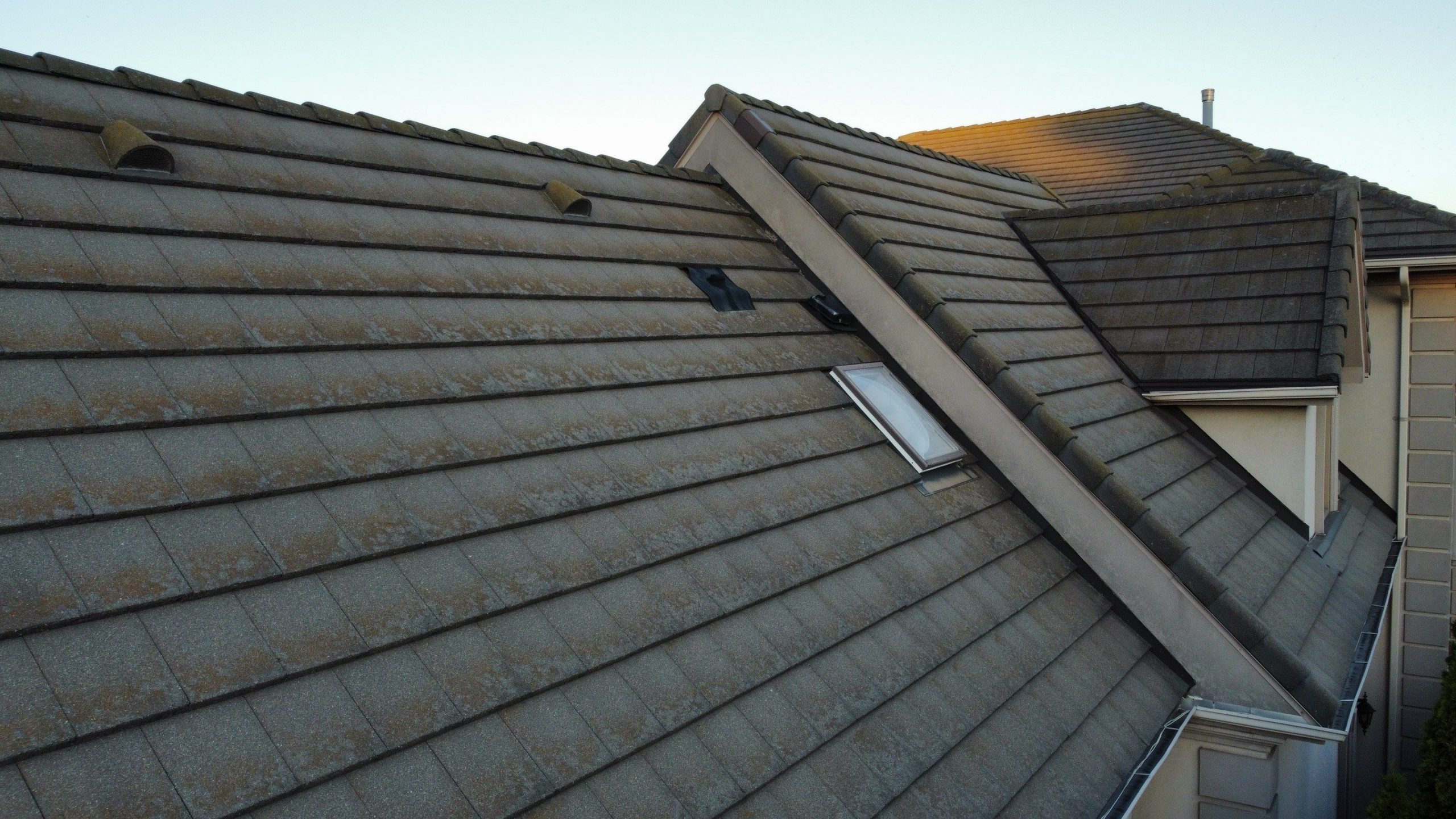10 Tips to Prepare for a Home Roof Replacement
1. Think about kids and pets
Loud noises coming from the home may increase anxiety or disturb sleep habits. While it may be exciting to watch from a safe distance, work zones are extremely unsafe for children and pets.
But you can stay home during a roof replacement.
2. Relocate your vehicles
Contractors need quick access to their tools and trucks throughout the day. They need a place to load shingles and debris. You’ll want to keep your vehicles a safe distance from this area until work is completed.
3. Remove wall decorations
The vibrations from hammers and machinery on your roof may travel through some walls of your home, especially if repairs to the existing deck are needed.
You may also choose to remove decorative light fixtures like chandeliers to play it safe.
4. Cover belongings in the attic/garage
During a roof replacement, numerous installers will be walking on your roof, pounding it with hammers. Dust or small debris will fall in attic spaces during a new roof installation.
5. Move grills and patio furniture away from the work zone(our roofers can help you as well Just make sure it’s not chained to)
A shed or garage is the best place to store outside items like grills, patio furniture, lawn ornaments, and potted plants while your new roof is installed.
Keep in mind that most contractors will not help you move any personal items inside or outside the home due to Covid restrictions.
6. Prune trees and cut grass before construction begins
Any tree branches that hang low near your roof will need to be trimmed before your contractor can begin work.
Your contractor should use drop cloths to protect plants and grass in the immediate perimeter of your home, but you need to cut grass a day before construction begins.
Short grass will help keep fallen debris from hiding in your lawn, making cleanup faster and more thorough.
7. Identify several accessible power outlets and water access
Your contractors will need access to electrical outlets while they are working. Exterior outlets are preferred, but if your home does not have any, a garage outlet is a second-best choice.
If you don’t have an outlet outside or in a garage, keep in mind that extension cords may need to run through a window or door to get power outside. Extension cords can pose a tripping hazard, so choose an outlet in an area that doesn’t get a lot of foot traffic.
8. Remove antennas or satellite dishes
If you have any antennas or satellite dishes located on or very near your roof, you’ll want to have them removed. Call your cable or satellite provider to make arrangements before roof work begins.
If it is an old, non-working unit, we will be happy to remove and dispose of it for you. Just let us know.
9. Talk to your neighbors about the planned work
Give them an anticipated timeframe for the duration. This will give them an opportunity to adjust their schedules and situations so that they can be most comfortable while the work is going on.
Also sometimes roofers need to pick up fallen debris that was blown away and it’s best if they can access and make sure neighbor’s property is clean as well after the project is done.
10. Be aware of your surroundings during construction
Construction at your home can create unexpected obstacles. Stay extra alert during this time to prevent avoidable injuries.

